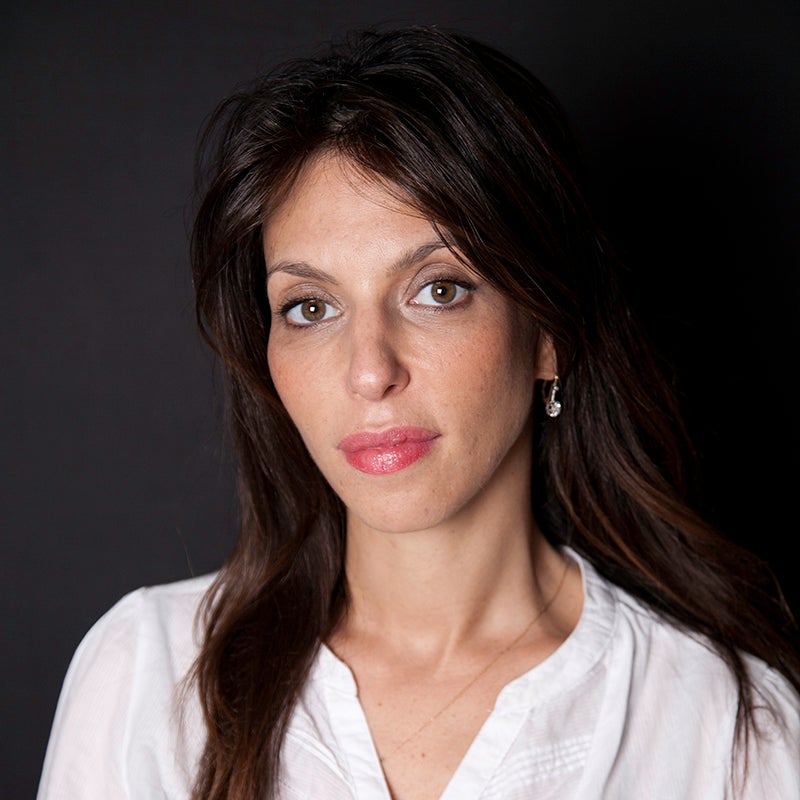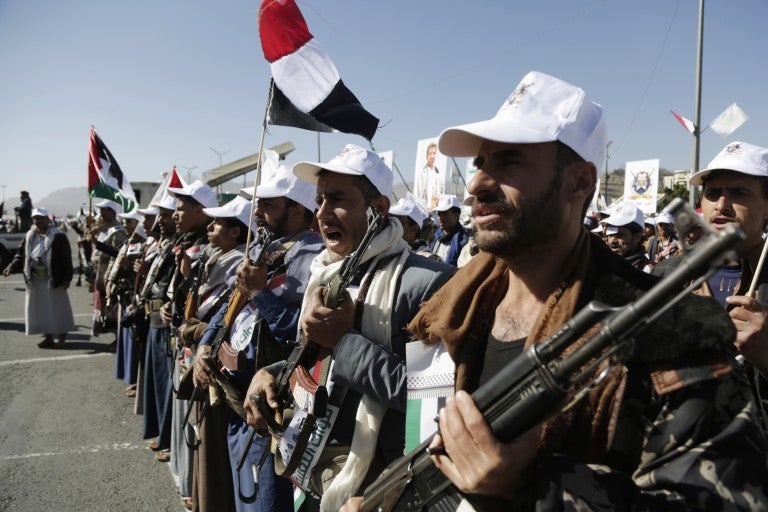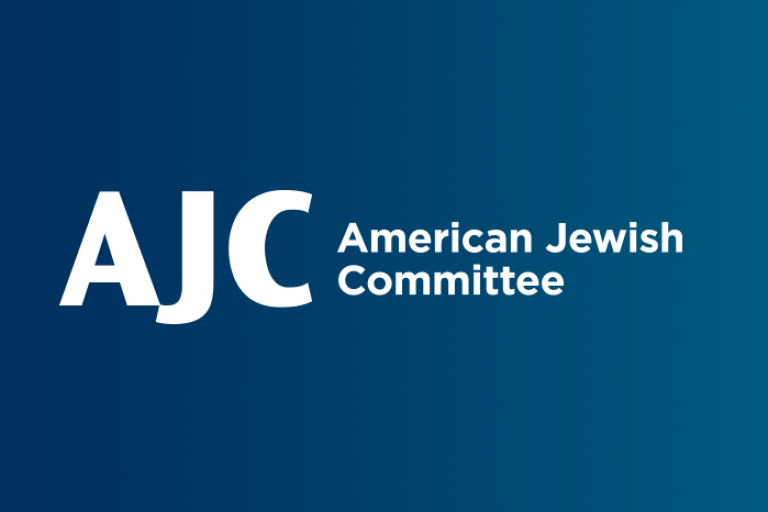May 2, 2016
The conflict that has been most extensively covered by the international media is that between Israel and the Palestinians. Dozens of other conflicts go relatively unnoticed--Darfur, the Ivory Coast, Mali, or even in Syria—where hundreds of thousands have lost their lives. But when it comes to Jerusalem or Gaza, the cameras are always on and the headlines always ready.
For years, since the beginning of the second intifada, there have been many instances of biased reporting of the Israeli-Palestinian conflict. For example, French and European newspapers spoke of "the death of an infant colonizer" when describing the murder of a ten-month-old girl by a Palestinian terrorist, and the "forceful boarding and searching of a peace flotilla" by the Israeli army, when Israeli forces stopped armed terrorists from the Turkish Islamist organization IHH, whose announced aim is to "kill the Jews."
Of course it would be profoundly unjust to blame the entire French press, but certainly elements of it present a one-sided approach.
At a time when antisemitic incidents are on the rise, when Jewish children in Toulouse are killed in front of their school and customers of a kosher grocery store are shot to avenge “Palestinian victims,” newsrooms should be guided by reason. The responsibility of the French media is immense, and its treatment of the Israeli-Palestinian conflict requires the greatest vigilance.
Unfortunately, recent events provide little reason for optimism about the objectivity of the French press.
After the terrorist attacks in Brussels, the French media devised a comprehensive map of the Islamist terrorist attacks that had taken place across the world. Twenty countries were affected between the November 13 attacks in Paris and the Brussels attack. I read it over and over, unable to believe my eyes: Israel was not included. Surely French journalists know that since September 2015, more than 300 terrorist acts have taken place against Israeli civilians. In most cases, the French media ignored them, and sometimes when they did mention them, tried to justify them.
What should one think, for example, about the AFP dispatch headlined, “Attack in Jerusalem: a Palestinian dies of his injuries.” Not until the last lines of the story (after mentioning the name and age of the “Palestinian” and the name of the “occupied village” where the event took place) does the dispatch note that it was in fact the terrorist who had detonated his own explosive belt. And all of this without even pointing out the “Palestinian” had targeted Israeli civilians, and injured 20. The terrorist had been transformed into a victim, and the victims sunk into anonymity.
How can otherwise sensible people consider a terrorist who seeks to murder innocent people a victim?
The terrorism that kills in Israel is, after all, the same that kills in Paris, Brussels, Madrid, London, and Copenhagen. The jihadist ideology, the negation of human values is the same whether it strikes Israeli civilians or French or Belgian ones. Faced with jihadist barbarism, there can be no hierarchy of suffering.
Neither can there be relativism, which is what we experienced in January and again in November. French journalists came up with a hodge-podge of reasons to blame the government for the attacks because of our military presence in Libya, Afghanistan or Mali, or rendering the editors of Charlie Hebdo responsible for going too far with their drawings of Mohammed. Again, through some perverted logic, the victims were stripped of their dignity.
Just as the media must not minimize the terrorist attacks in Israel, absolving the perpetrators by calling the victims "colonizers," so too it must not reverse the responsibilities here in France.
Critical thinking, truthfulness, accuracy, integrity, and fairness are the pillars of journalism. May those who practice it every day—sometimes at the risk of their own lives—now make them a reality when addressing the complex Israeli-Palestinian conflict, whose treatment should not be simplified and distorted at a time when many in France seek to stir up hatred and import it into our territory.
Simone Rodan-Benzaquen is director of AJC Europe.
*Translation of original French language op-ed



